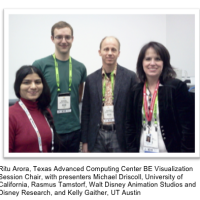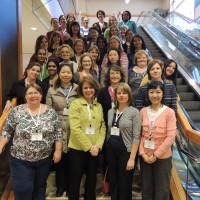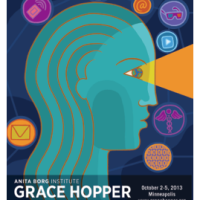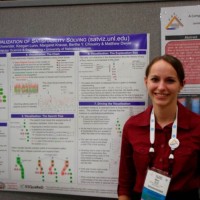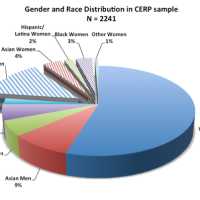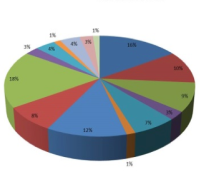
1st CRA-W/CDC Broadening Participation in Visualization (BPViz) Workshop
On February 10-11, 2014, Clemson University catapulted to the forefront of efforts to broaden participation in discipline specific domains. Clemson Computing and Information Technology Department hosted the 1st CRA-W/CDC Broadening Participation in Visualization Workshop (citi.clemson.edu/bpviz2014). The workshop was held at Clemson University in Clemson, South Carolina. This herculean effort of organizing and planning was met with lofty goals, and logistical intricacies that culminated in success, despite the rare hiccup by Mother Nature affectionately known as the polar vortex.




